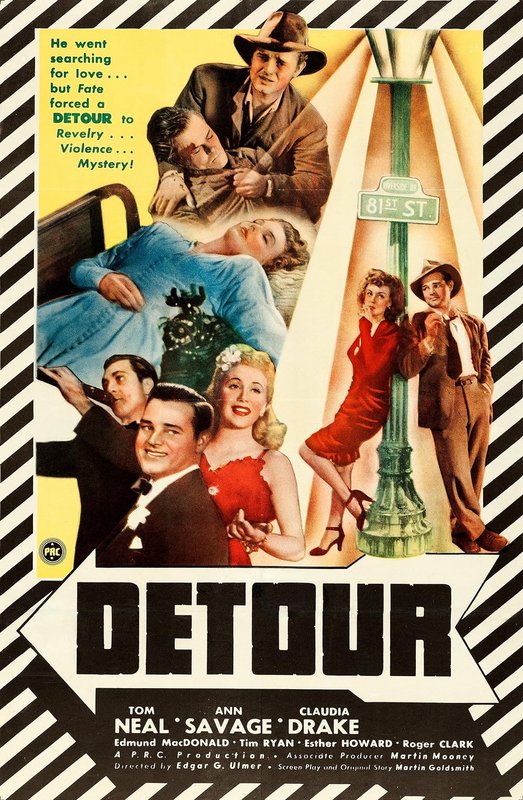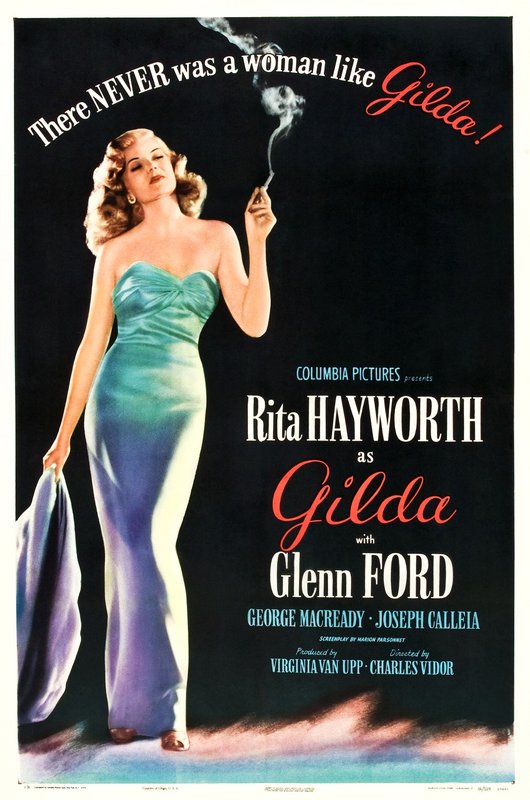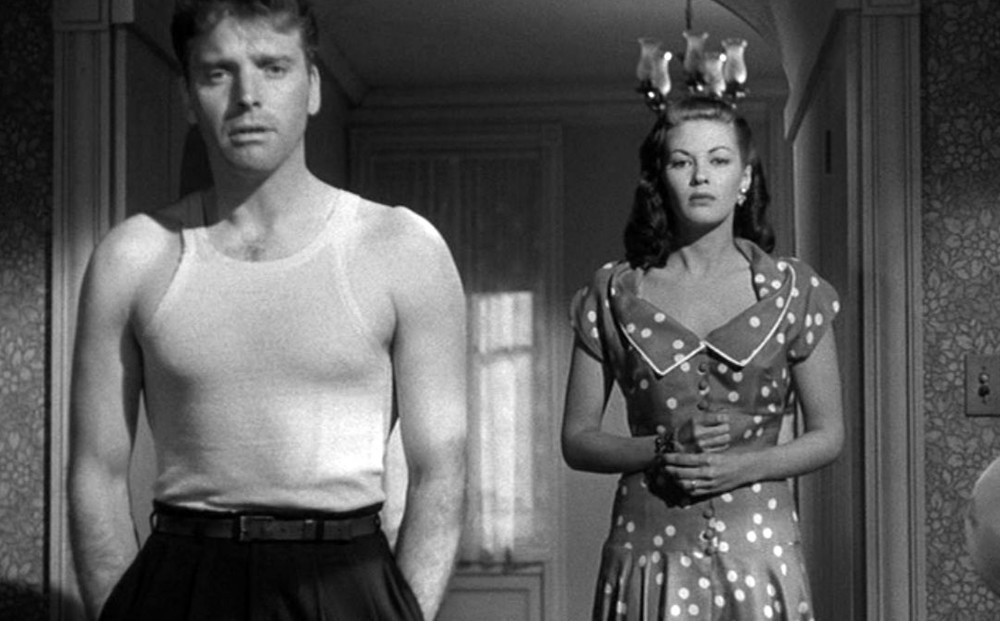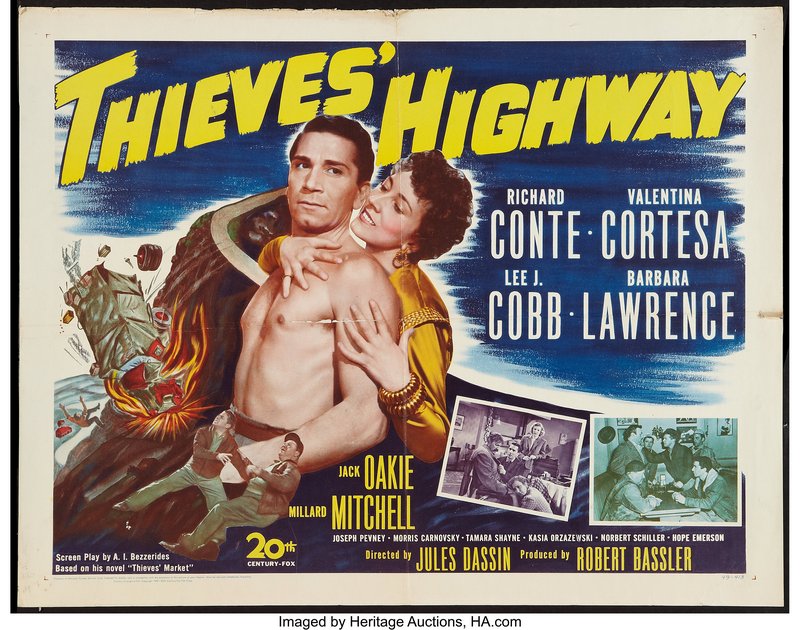
Detour - 1945
Directed by Edgar G. Ulmer
Written by Martin Goldsmith
Based on his novel "Detour: An Extraordinary Tale"
Starring Tom Neal, Ann Savage, Claudia Drake & Edmund MacDonald
Bam! Short and sweet. Just like many film noir films, Detour has a flashback narrative, sizzling femme fatale, sad-sack narration, slick dialogue, down-on-his-luck protagonist and unexpected death. At 68-minutes in length, it's an attractive prospect to watch and in the end doesn't at all feel truncated or rushed - the pace isn't all that fast, but takes it's time in establishing Al Roberts (Tom Neal) and the relationship he has with singer Sue Harvey (Claudia Drake) - the two are part of a New York nightclub act, Roberts playing the piano and Sue singing. When Sue decides she has to try her luck in Hollywood, it isn't long before poor old Al finds himself hitchhiking across the U.S. - and it isn't long before Al finds himself getting deeper and deeper into a terrible, frightening situation that started with a simple, innocuous accident.
There are a lot of little attractive features in this noir - take the 1941 Lincoln Continental which becomes a pivotal part of the story, a car that the characters talk about selling for two thousand dollars. In 1940s money that's quite a bit of dough for the hurried selling of an automobile, and it almost figures as one of the characters in Detour - a fine looking automobile. Then there's Tom Neal - compact champion amateur boxer who at one stage had a 31 win to 1 loss record with many of those wins a knockout. He plays his part well here - because in a challenging way, Detour requires him to play Al as the more passive and innocent character. The film as a whole doesn't betray the fact that it was made on a shoestring budget, and is still very well regarded today. The snappy story and all-in performances from Neal and Ann Savage had me hooked, and I didn't check too closely under the bonnet.
So, the story as a whole is meant to be taken at face value I believe, but I was often wondering if this was just the version Al was telling us. That's because every time a freak accident occurred, I didn't believe it even though I was watching it play out. I kept on figuring that this is Al's story at a police station or to some confidante - making up implausible excuses for why everything ended up the way it did. But after all that - I did come around to the conclusion that a series of remarkable events led what seems to be an Al with fated ill-luck to the point we see him in at the start of the film. A gruff, nervous, on-edge grouch ready to fight and unwilling to engage in friendly dialogue. He's one of those unfortunates who have the unenviable burden of owning a real life series of events that nobody would ever believe if told. Poor old Al. Sucks to be Al. Good for us though - any film that makes you go "I can't believe that just happened!" numerous times is no doubt fun.
All-up a very short, well-regarded film noir classic that I really enjoyed watching, my attention never wavering. A blast from the past about the sudden way a person's life can lead them inexorably down paths they don't want to go down, and become glued to people they desperately want to get away from - all it takes is an accident, one moment where your concentration wavers, or one really bad decision. The great thing about the movies is that we can watch that happen to someone guilt-free, and actually enjoy the fact we're not them. I can see a return to this movie (on Criterion I reckon) some time in my future - great stuff. As Errol Morris would go on to say, "It has an unparalleled quality of despair, totally unrelieved by hope." Schadenfreude at it's 1940s finest.
__________________
Remember - everything has an ending except hope, and sausages - they have two.
We miss you Takoma
We miss you Takoma
Latest Review : Le Circle Rouge (1970)








 Check out my podcast:
Check out my podcast: